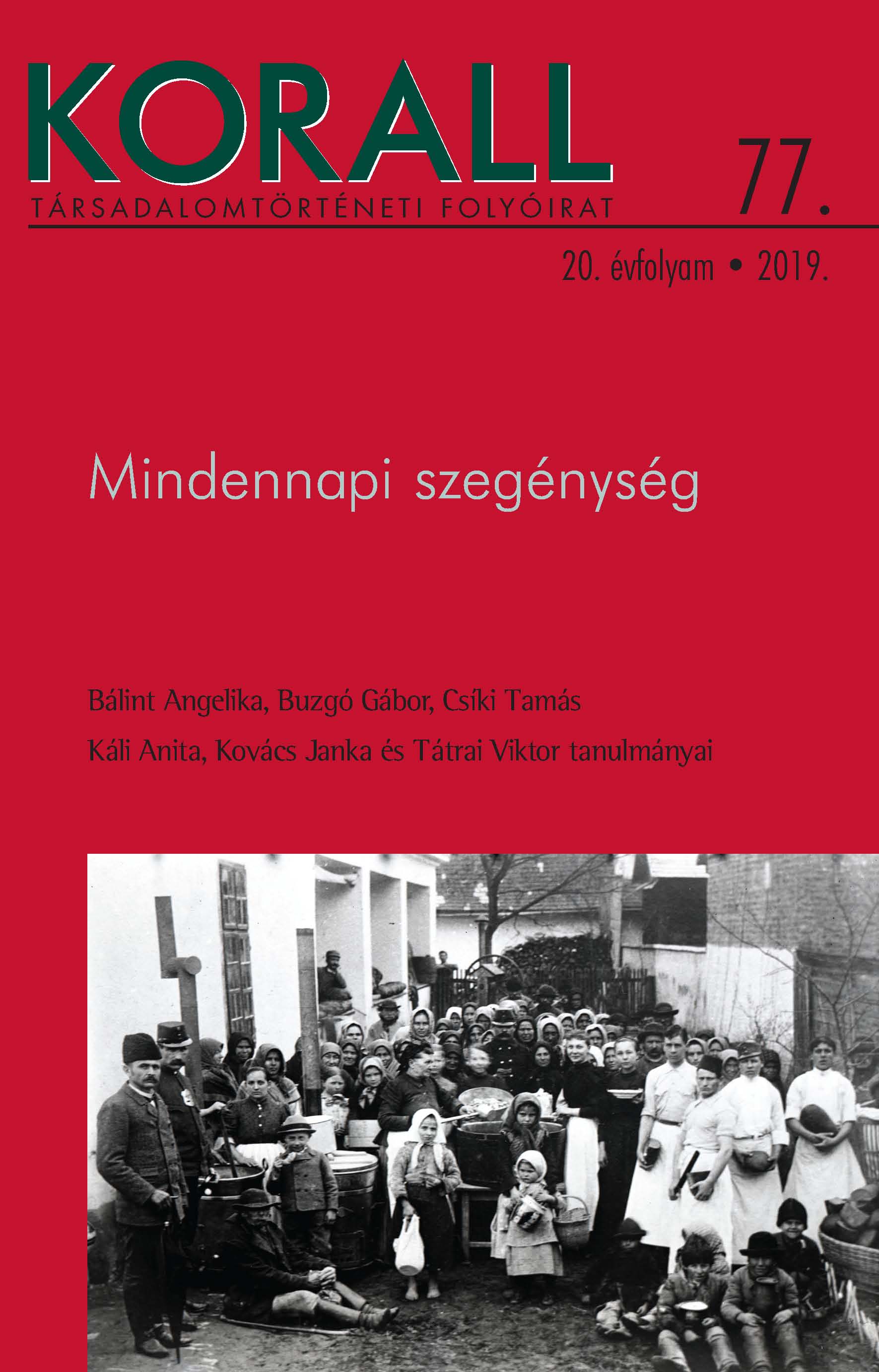Szegénység, betegség, őrület. Elmebetegek ellátása az irgalmas rend magyarországi kórházaiban (1740–1830)
Poverty, Illness, Madness: Treating the Mentally Ill in the Hungarian Hospitals of the Brothers of Mercy (1740–1830)
Author(s): Janka KovácsSubject(s): Social history, 19th Century
Published by: KORALL Társadalomtörténeti Egyesület
Keywords: social history;Hungary;mentally ill;
Summary/Abstract: The paper addresses the eighteenth- and early nineteenth-century practices of care for the mentally ill in the Hungarian hospitals of the Brothers of Mercy, highlighting the connections between illness and poverty and the approaches towards the mentally ill in a period when new means of clinical treatment and specialized care were underway. The order settled in Hungary in the middle of the seventeenth century to provide care primarily for poor people. They were traditionally specialized in the care of the mentally ill, and even though standardized care and systematic therapeutic regime were not yet in existence in this period, the practice of registering and sectioning the “insane” within general hospitals is already detectable.Besides recording information about the social background of the patients, the surviving documents (patient statistics, registries and regulations) provide a glimpse into how mental illnesses were labelled and classified in the hospital. In addition, they also contain references to sectioning the “insane” and their classification based both on social and financial status, and on their mental state.Using documents of hospital administration and narrative sources reflecting on the daily routine of the hospital (such as newspapers, medical topographies, and travelogues), the study discusses medicalization and the practice of specialized care through the examination of a severely marginalized and stigmatized subgroup of hospital patients.
Journal: Korall - Társadalomtörténeti folyóirat
- Issue Year: 2019
- Issue No: 77
- Page Range: 25-44
- Page Count: 20
- Language: Hungarian

